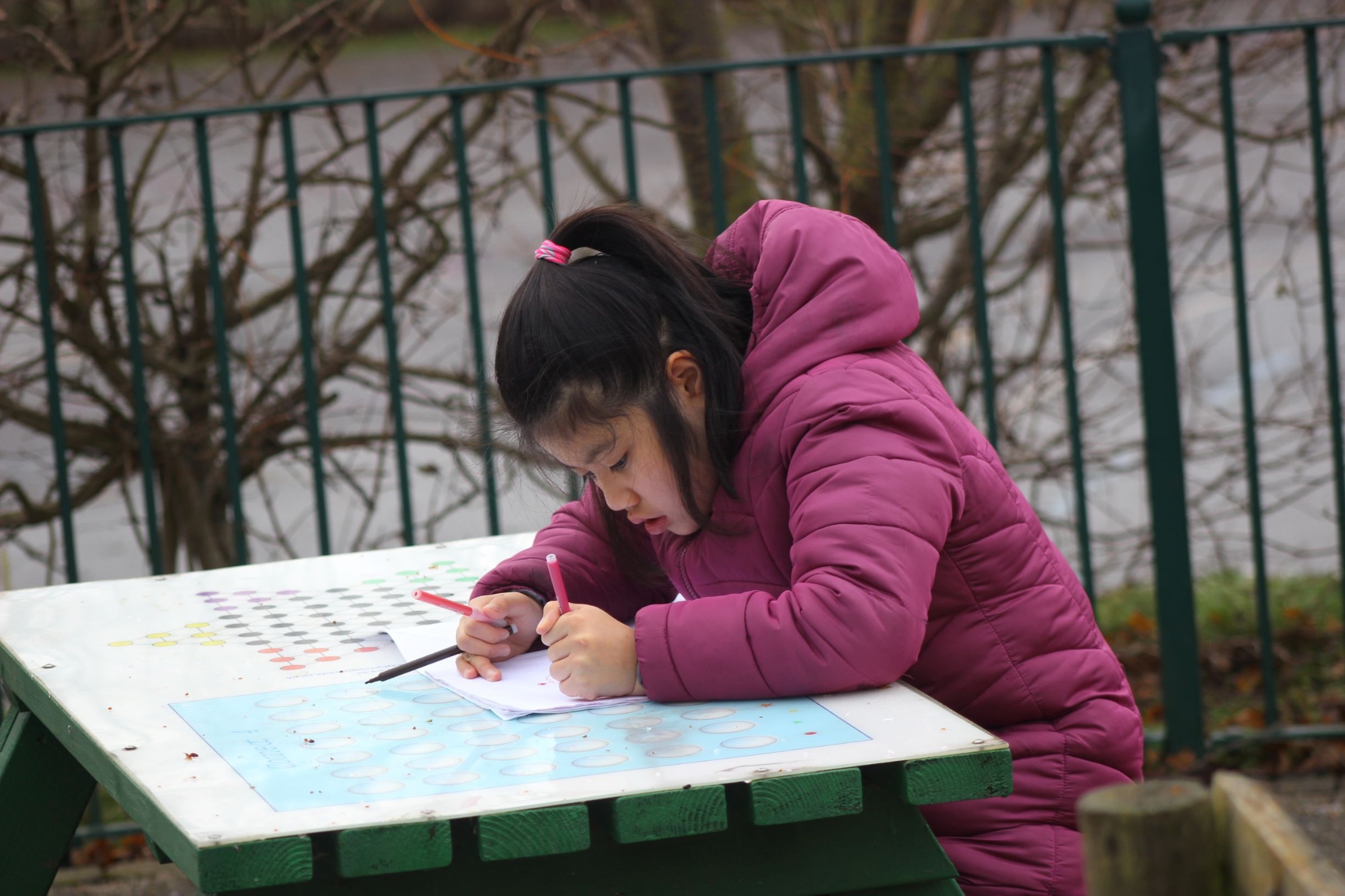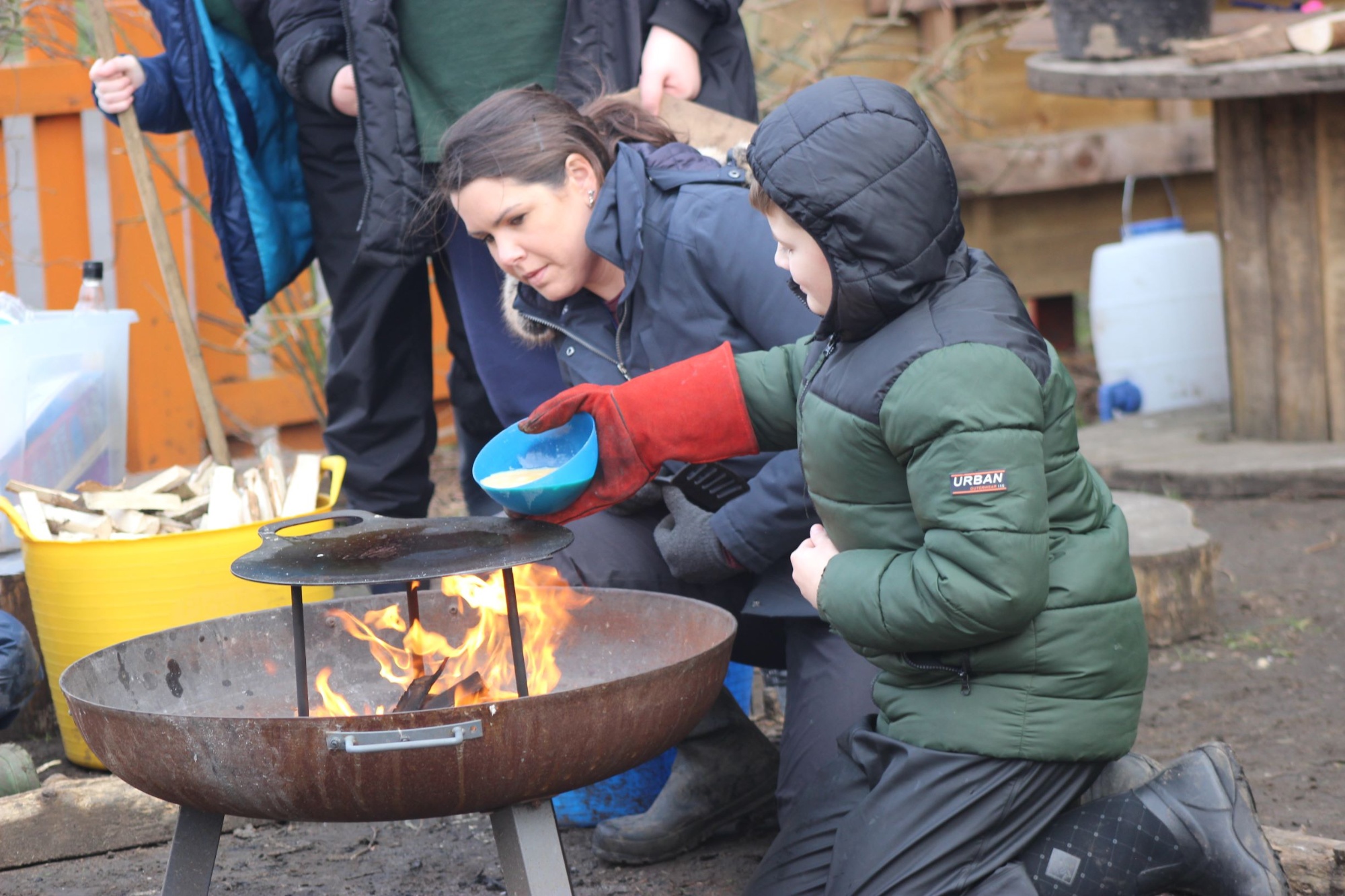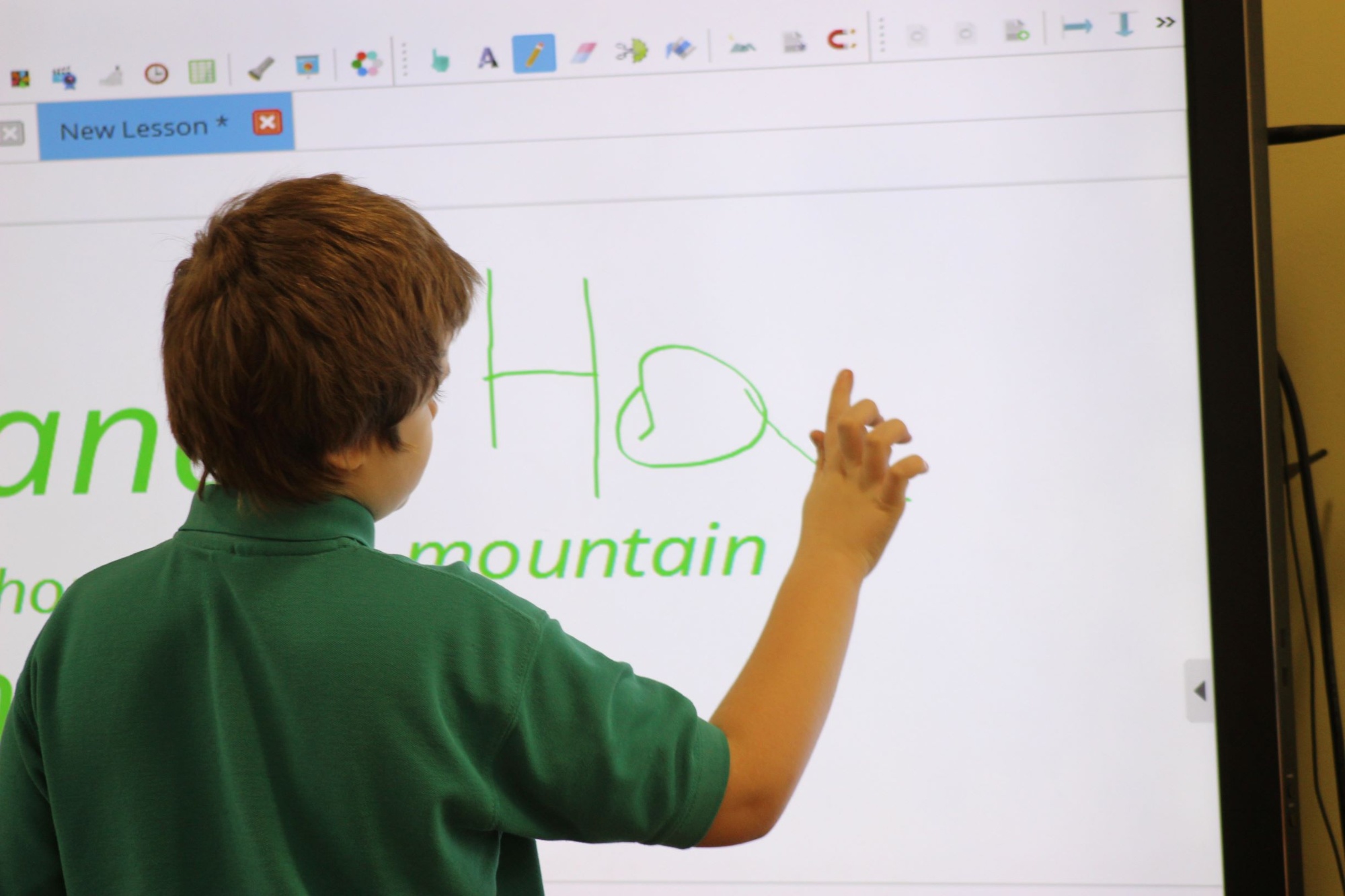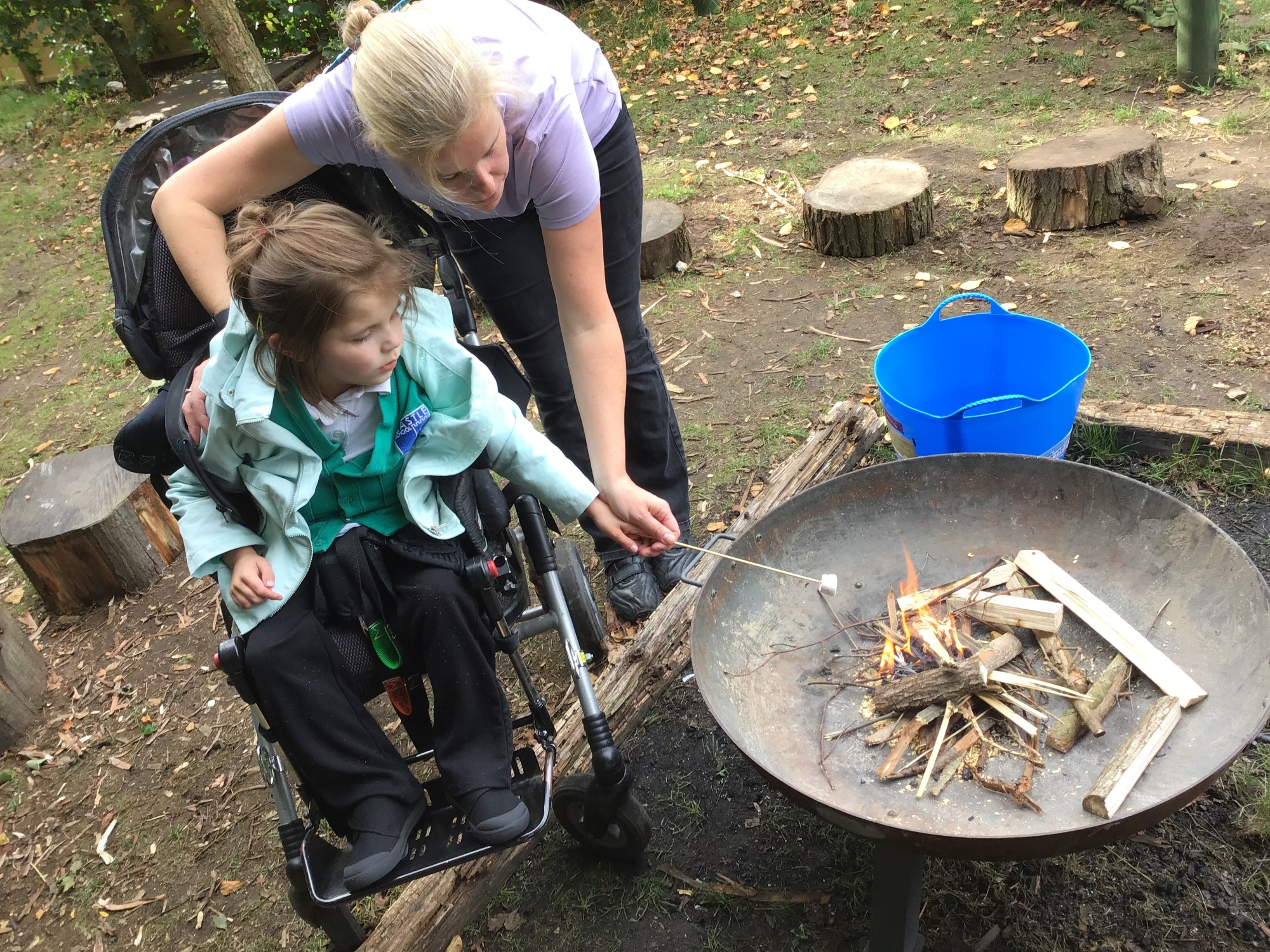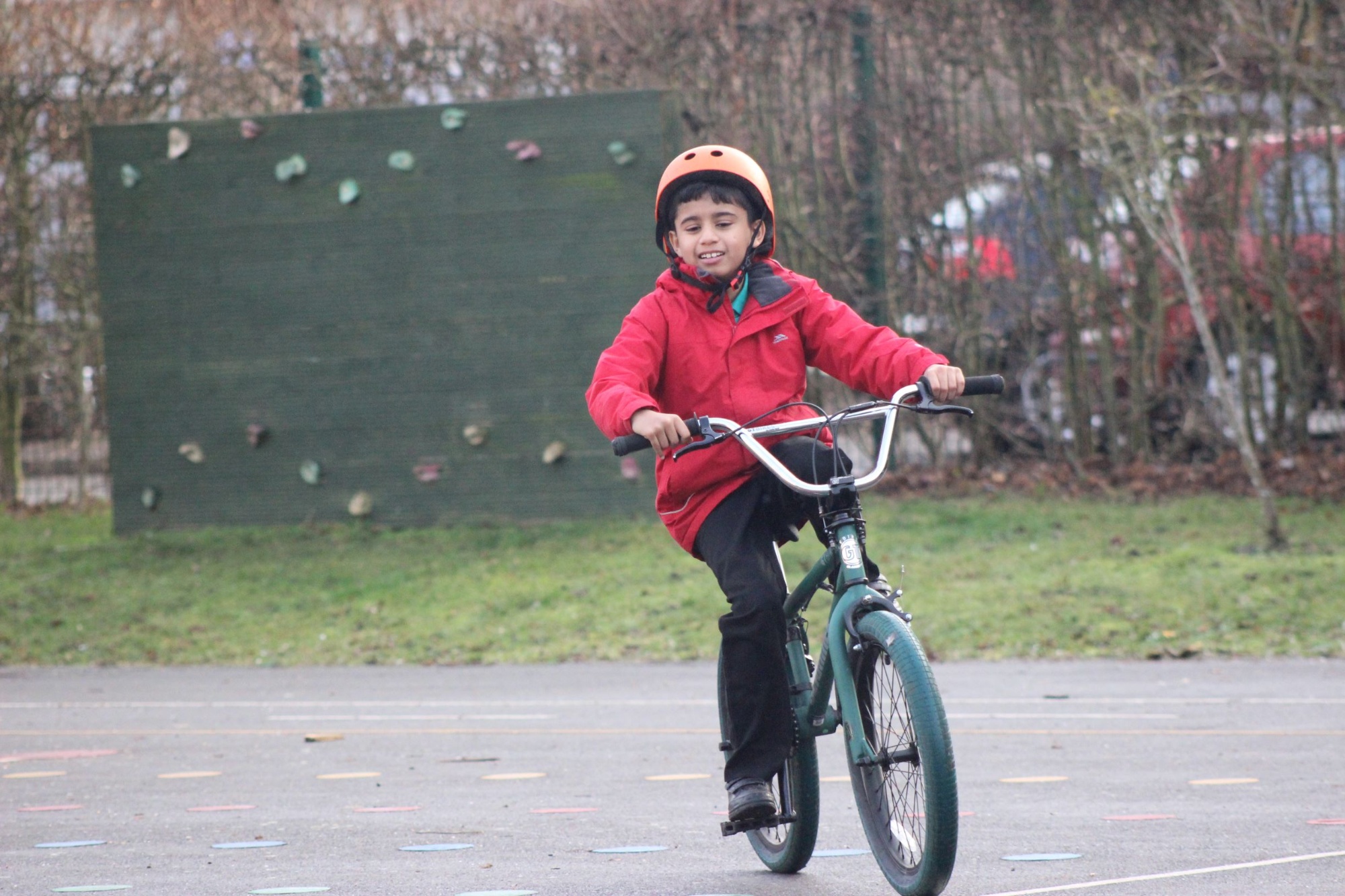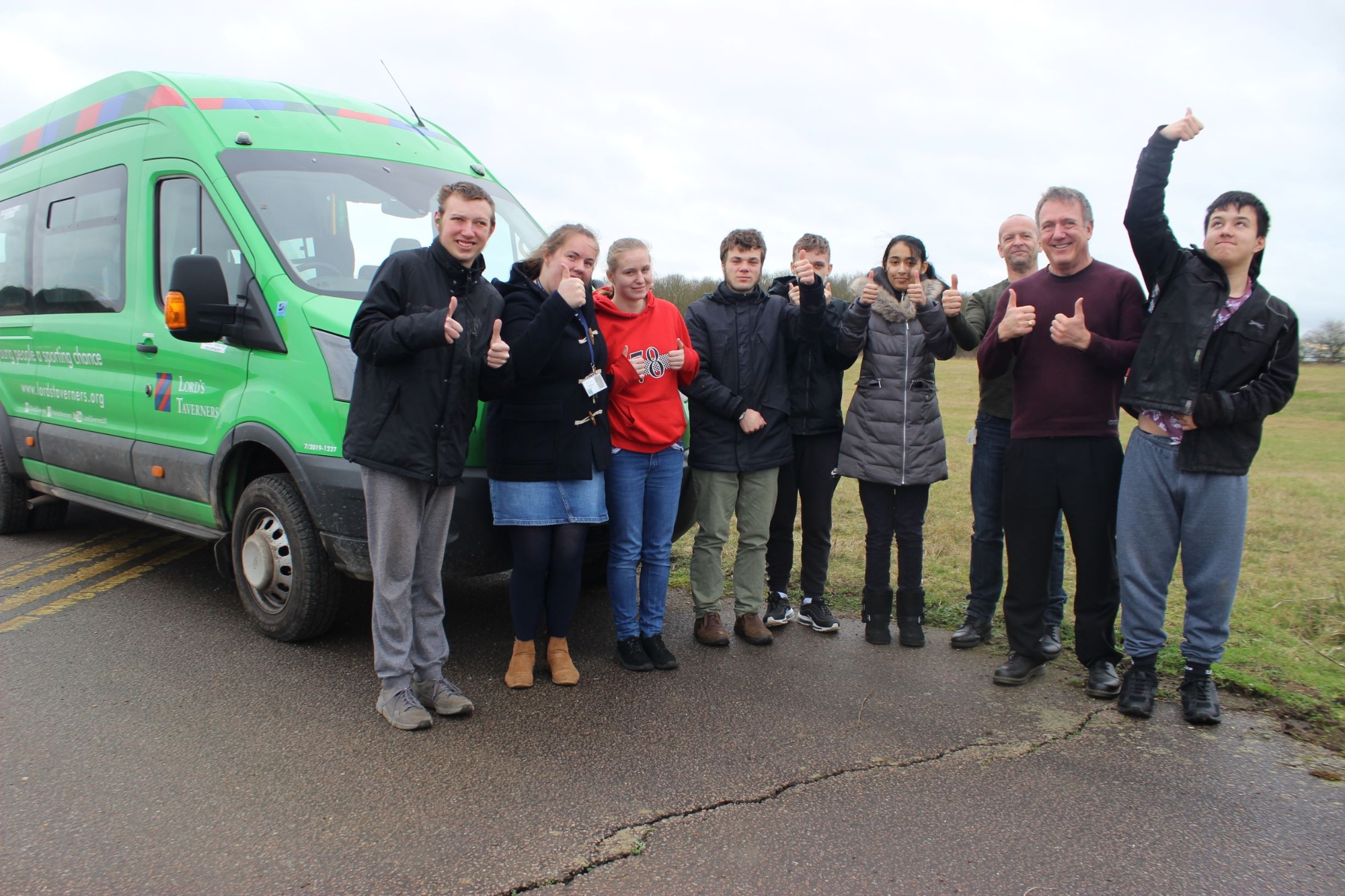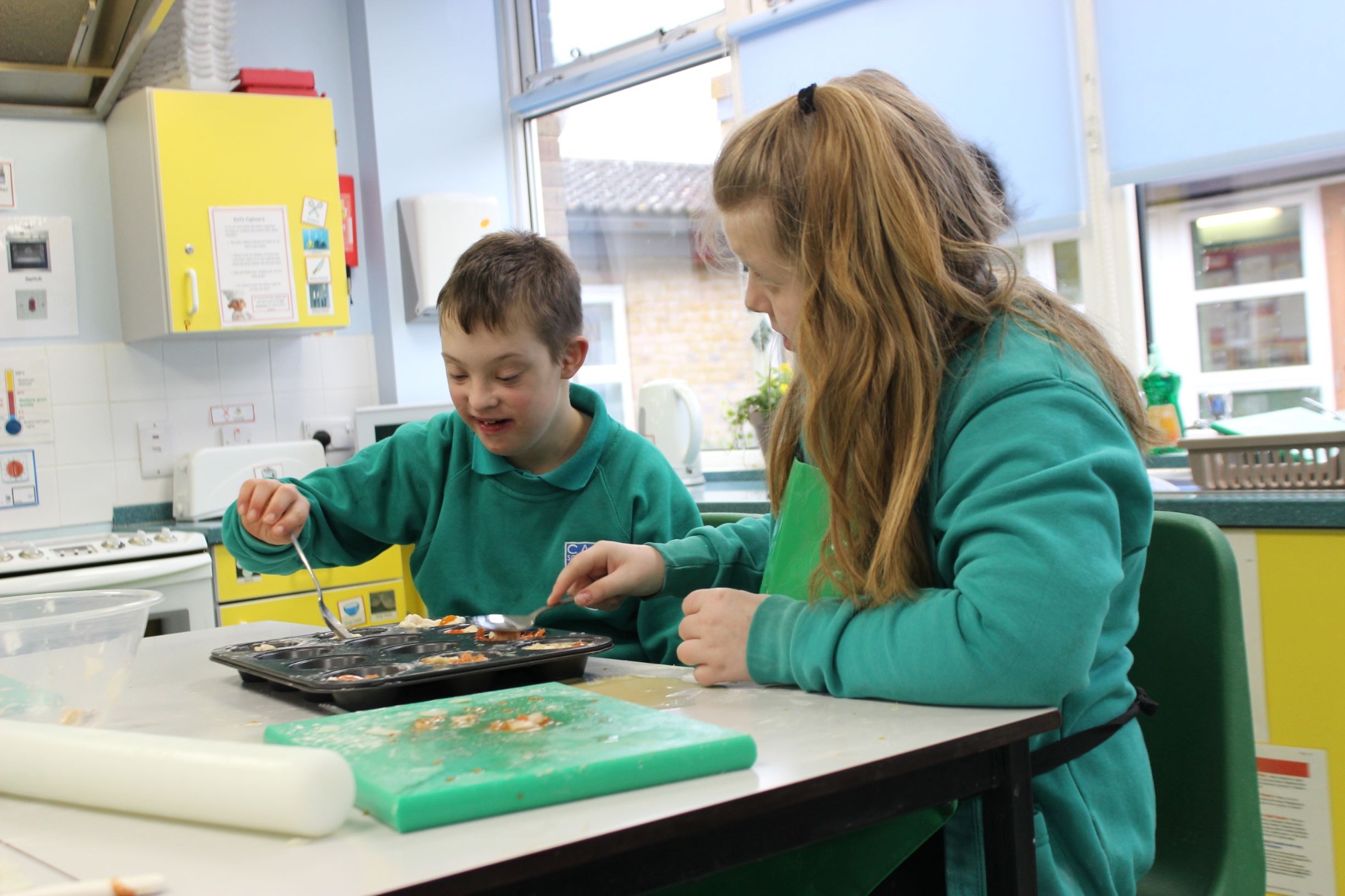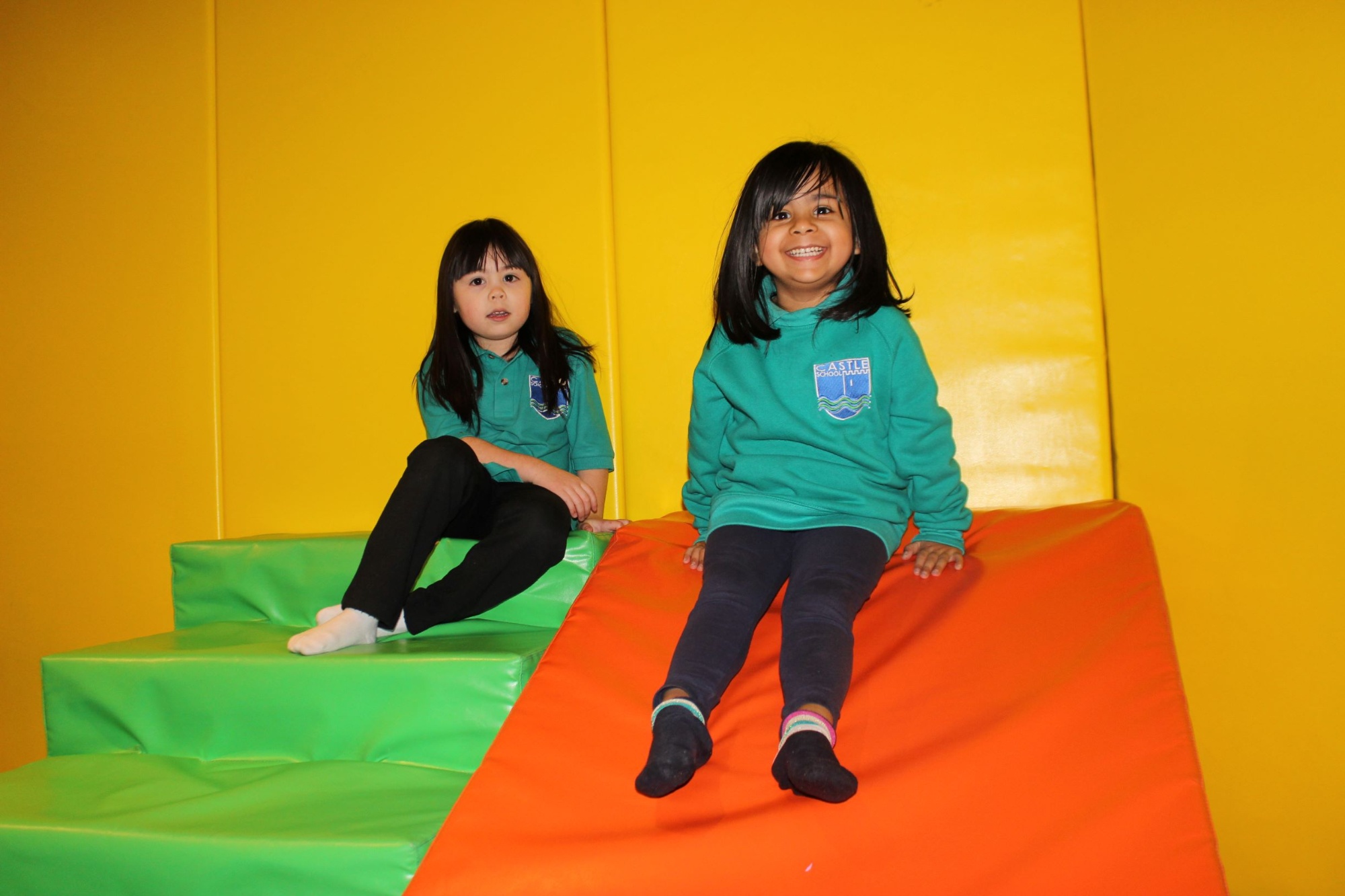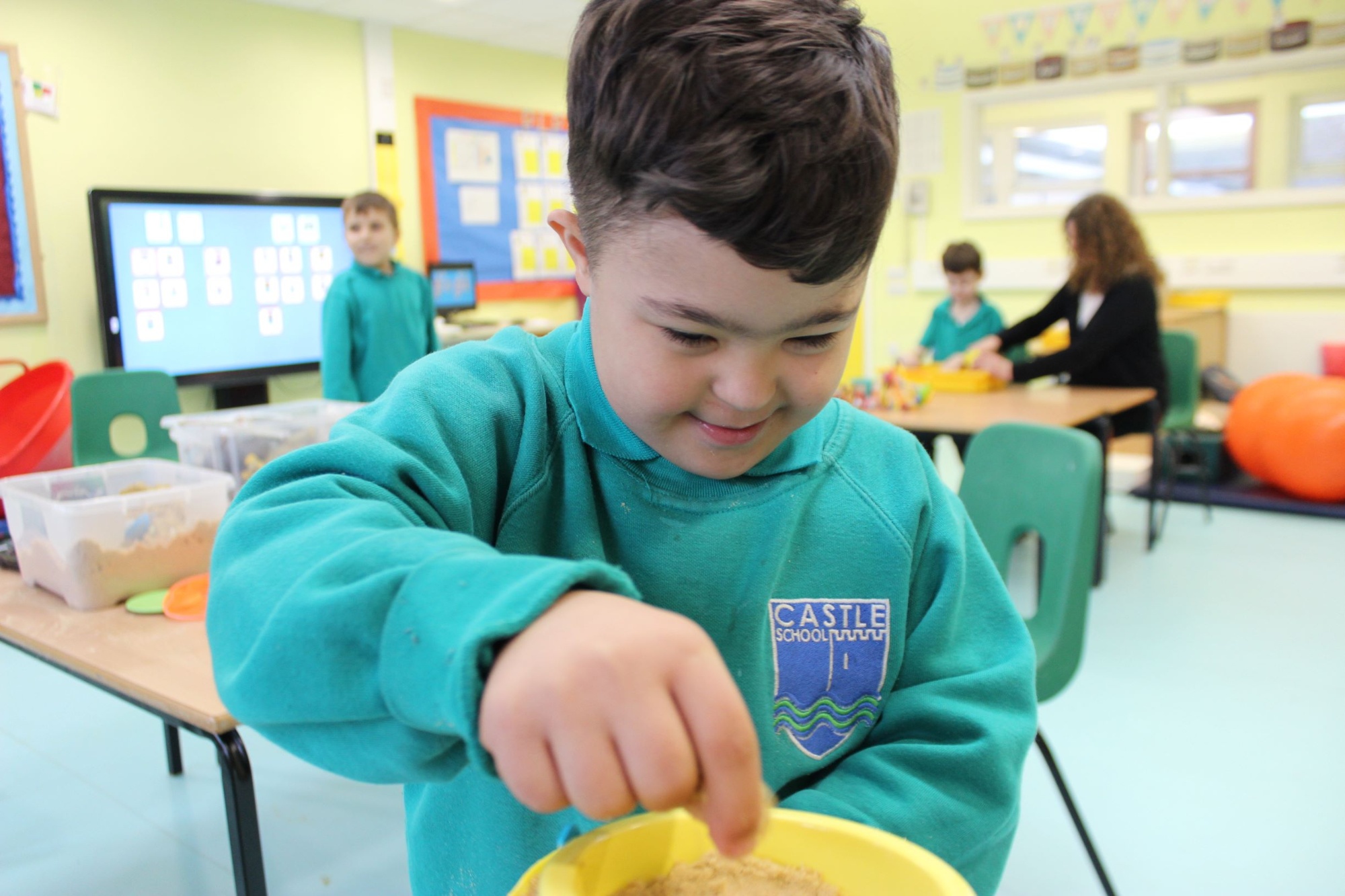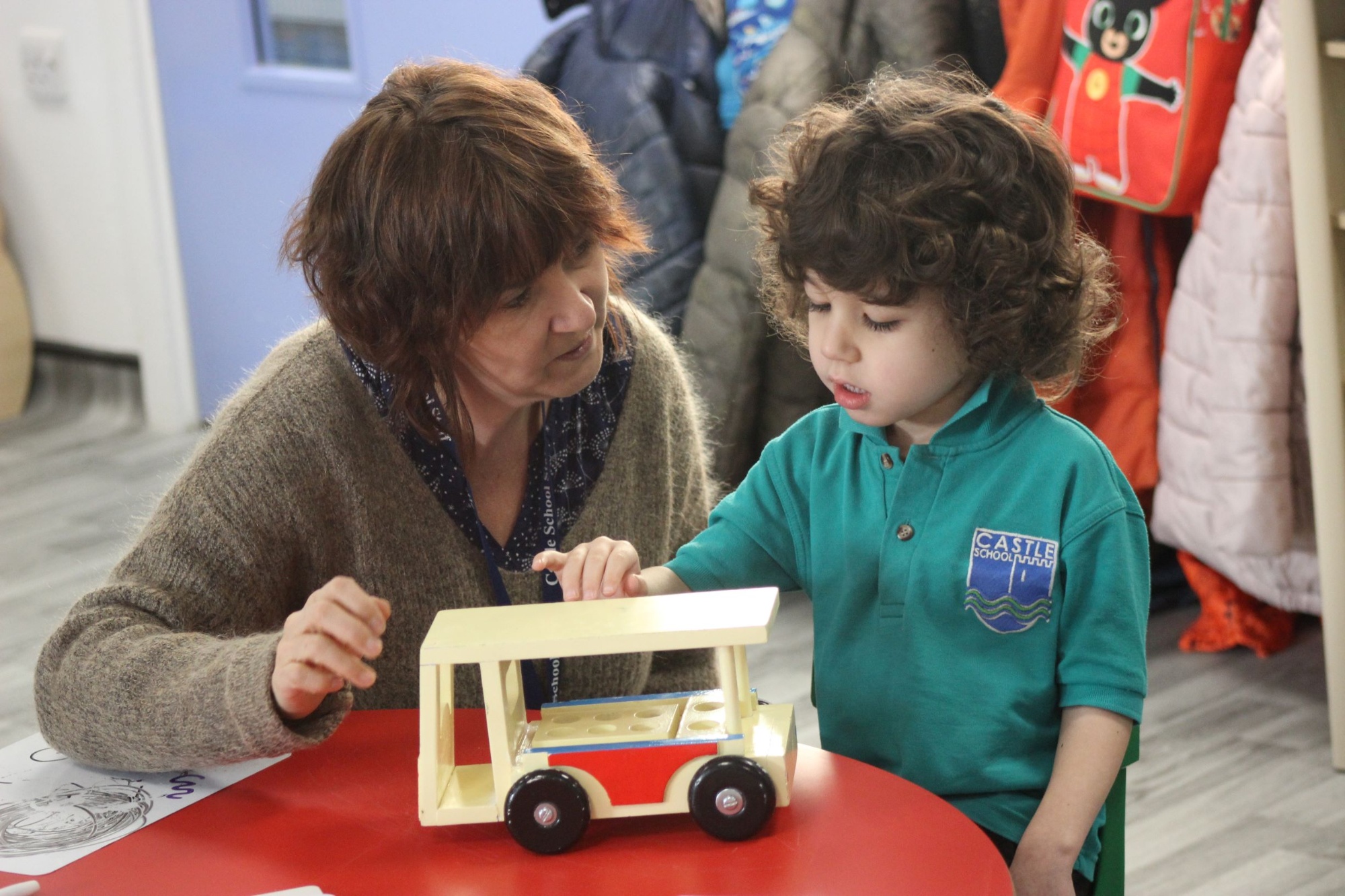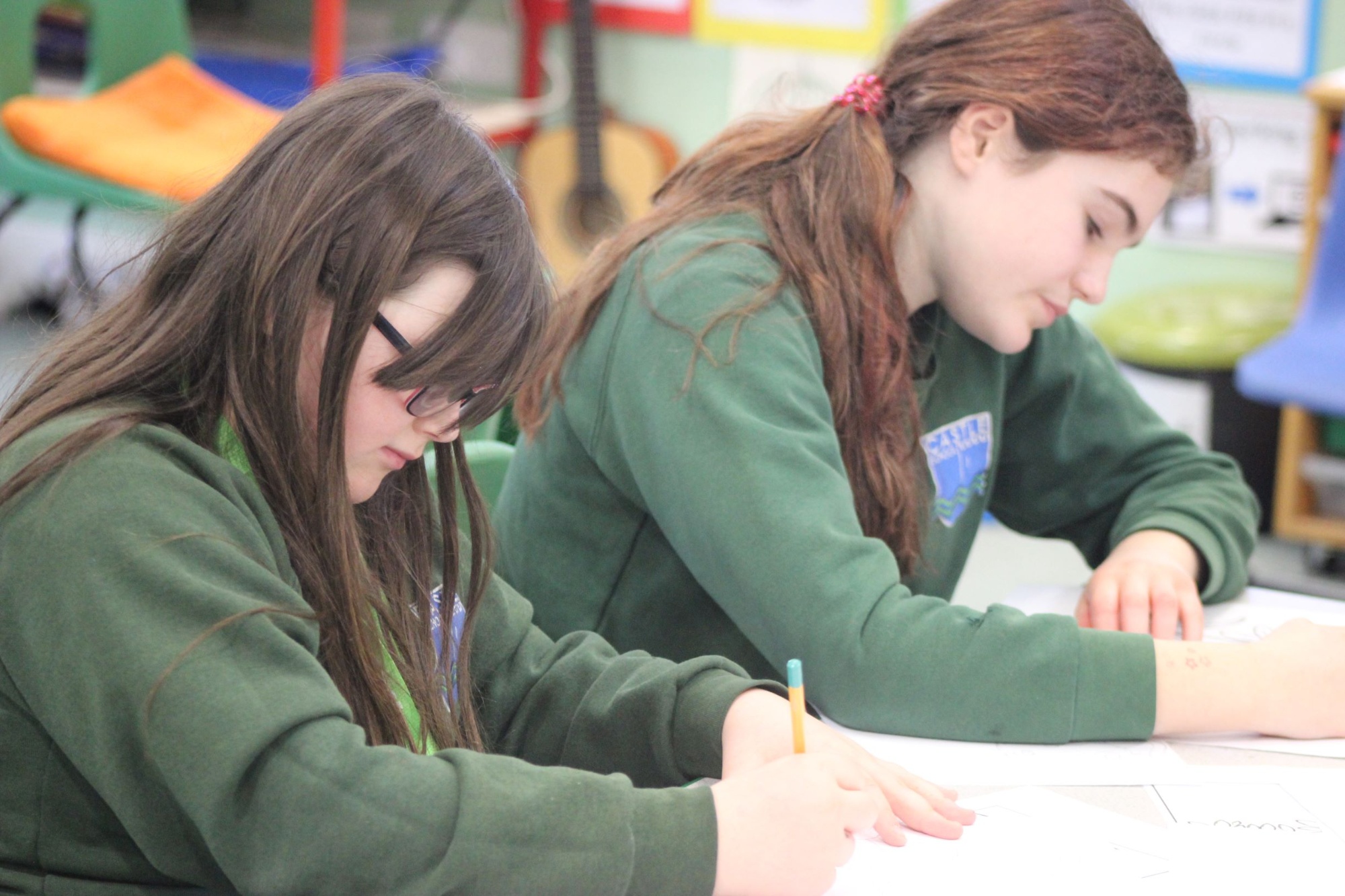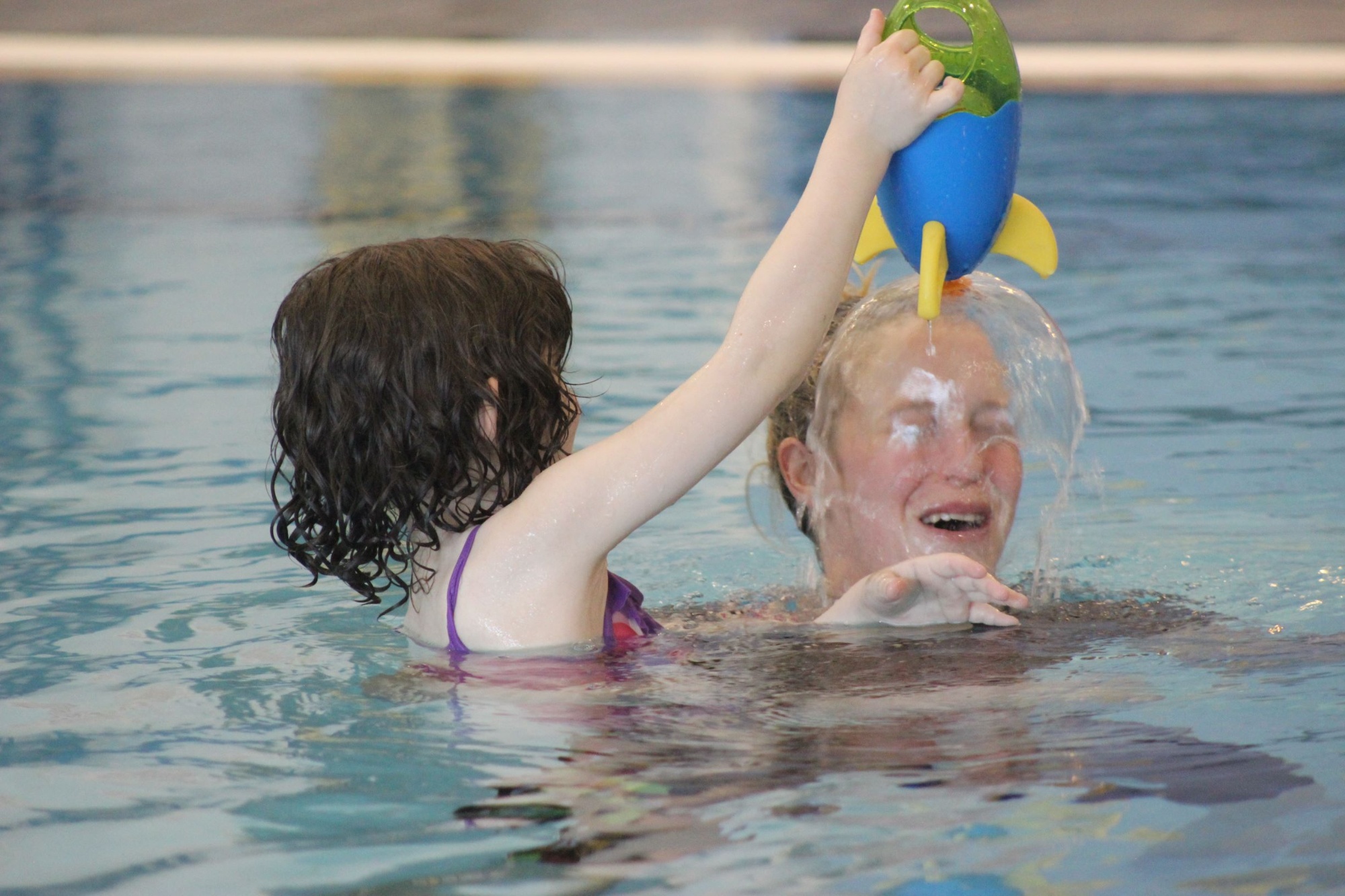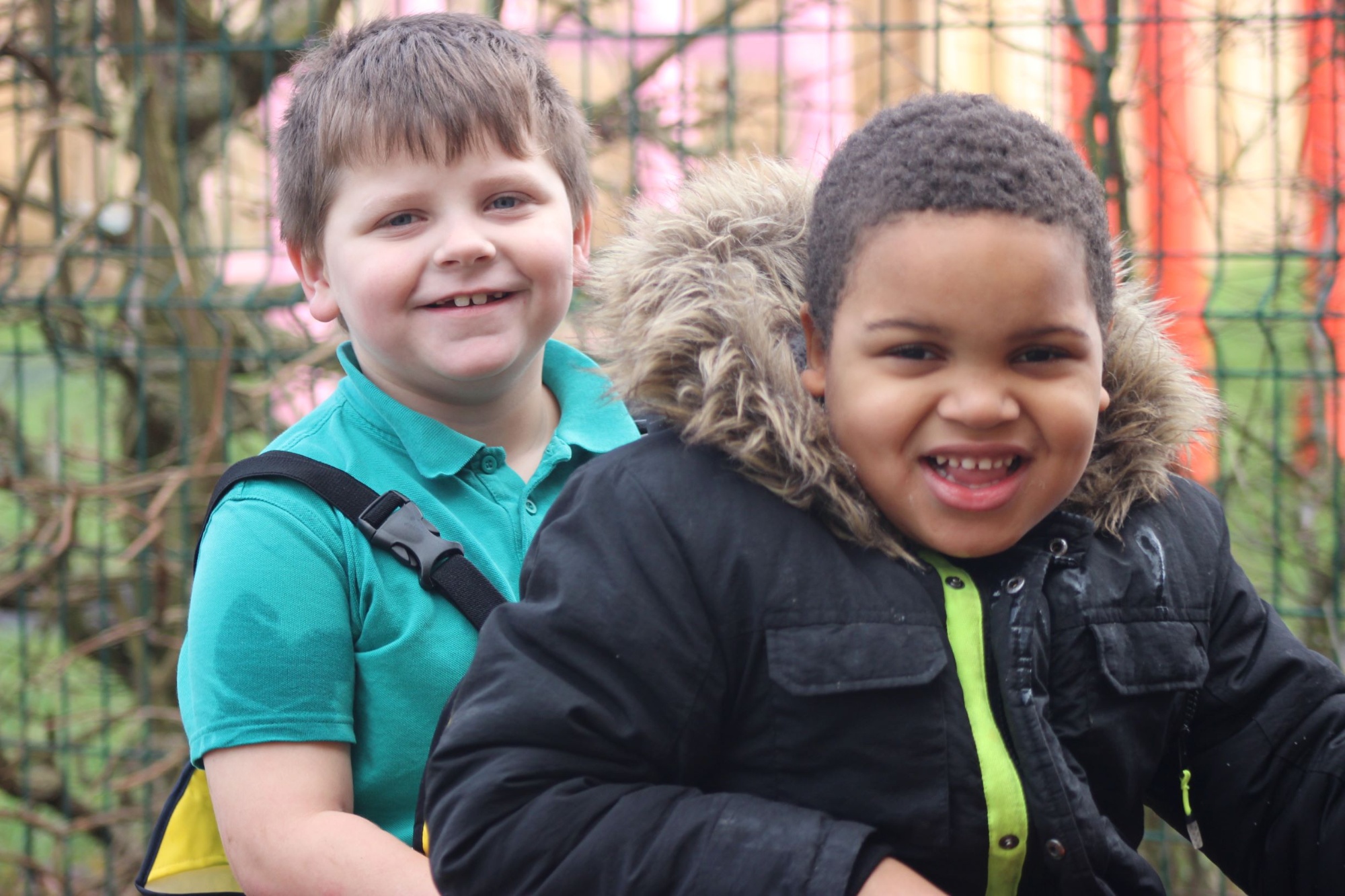Forest School overview
Forest school is outdoor, nature-based learning that focuses on the holistic development of the child.
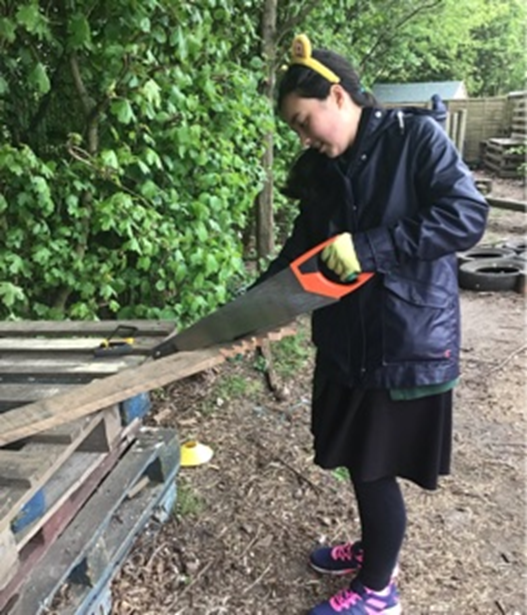
Forest school fosters a child-led learning approach where pupils follow their own interests in the outside world.
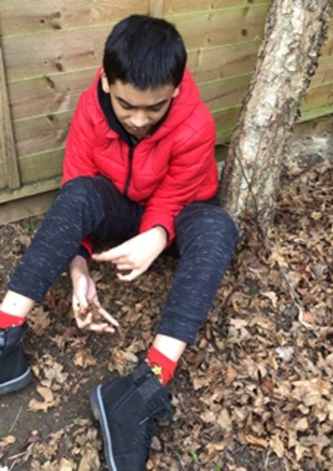
In forest school, activities are provided, but rather than being adult-led, each child chooses and tailors the activity to suit them, while we observe their preferences and development. Adults flow with the energy of the session and follow what children want to do.
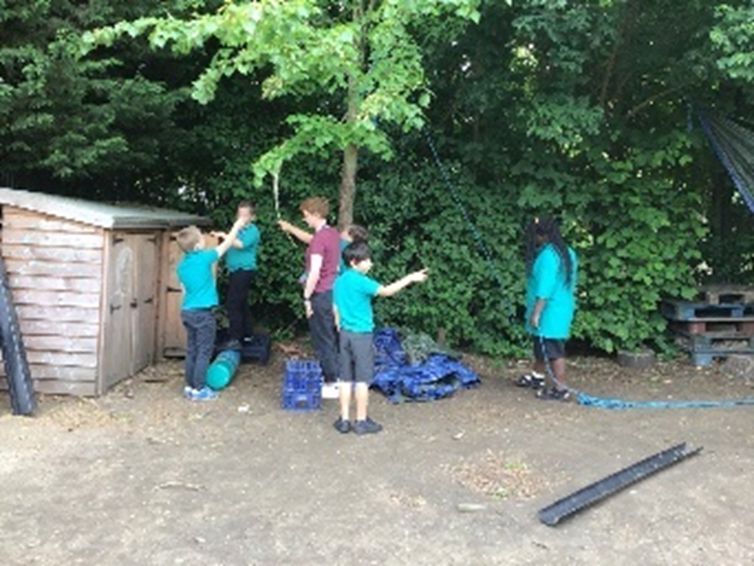
Activities might include:
- sensory walks
- shelter building
- mini beast hunts
- campfire cooking
- woodwork
- nature art
- games like hide and seek
- fire building and lighting
- puddle and mud jumping
- whittling
Forest school helps children develop many skills that are hard to teach in the classroom. It’s very physical, so it encourages children to be active, with lots of activities to develop both fine and gross motor skills.
Children learn to assess, appreciate and take risks, making sensible, informed decisions about how to tackle the activities and experiences they encounter. They’re learning to be self-sufficient and take care of themselves, which boosts their confidence and self-esteem, Through trial and error they learn to deal with failure and develop the resilience to keep trying: a vital skill in the classroom as well as outside.
Children also benefit from the simple act of being outdoors. Research has shown that it improves mental and spiritual health, communication skills and social relationships, among other things. Connecting with nature helps children feel part of the world.
Forest school ties in with many areas of the curriculum. For example, being outdoors year-round helps children learn about weather and the seasons. Studying mini beasts and plant life relates to the science curriculum, and working on tasks like den building and woodwork links with technology.

